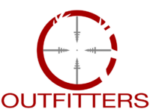VERMONT LAWS & REGULATIONS
What are the Laws and Regulations for Hunting in Vermont?
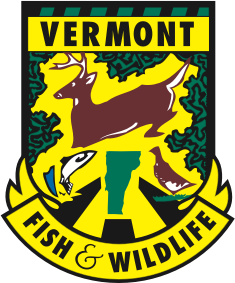
The Vermont Fish and Wildlife Department conserves and restores Vermont’s wildlife and wildlife habitat. When hunting seasons begin, all hunters must have a valid hunting license along with other required permits depending on the hunted specie. As a hunter, you must have permission to lawfully hunt on private land. It is unlawful to party hunt or fulfill someone else’s tag as well as hunt without a valid hunting license. State law prohibits the use of artificial light and aircrafts as an aid to locate any wild game. It is also illegal to shoot across public road ways and shoot from a powered on vehicle.
*Visit Vermont’s Hunting Laws and Regulations Guide for More Information*
FEATURED ANIMALS
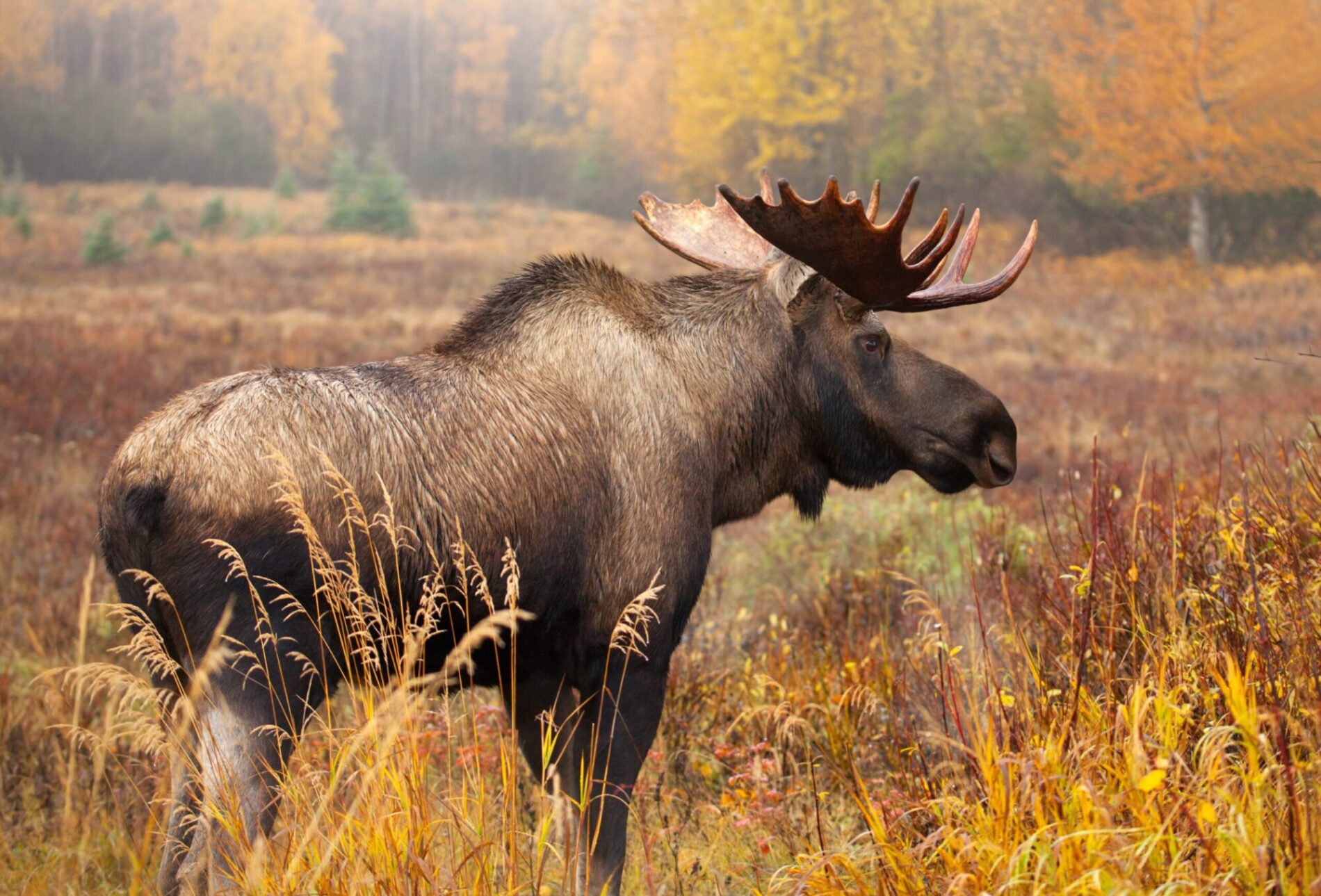
MOOSE
For many hunters, drawing a coveted moose hunting permit is the hunt of a lifetime. Moose are managed through a permit lottery system, by management unit, allowing the department to limit or expand the harvest numbers annually by region. Hunters who are drawn, must have a valid hunting license and a moose permit. Successful applicants are allowed to designate a second shooter and a guide. The bag limit for moose shall be one moose per moose hunting permit.
- General Season: Oct. 21 – 26
- Archery Season: Oct. 1 – 7
*Visit Vermont’s Moose Seasons for more information*
RUFFED GROUSE
Ruffed grouse (aka partridge) are the king of game birds, and Vermont is one of their last strongholds in the Northeast. To hunt ruffed grouse, hunters must have a valid hunting license and federal law requires hunters to annually register with the Harvest Information Program (H.I.P.). The daily limit for hunters are 4 per day; 8 in possession.
- General Season: Sept. 26 – Dec. 31, 2020
*Visit Vermont’s Ruffed Grouse Seasons for more information*
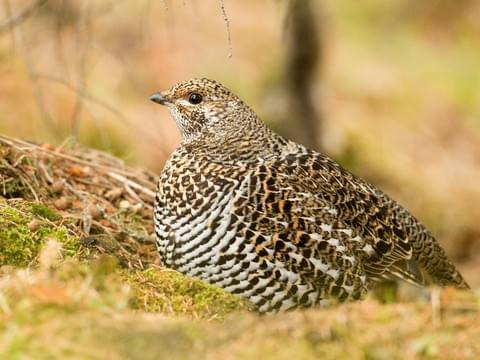
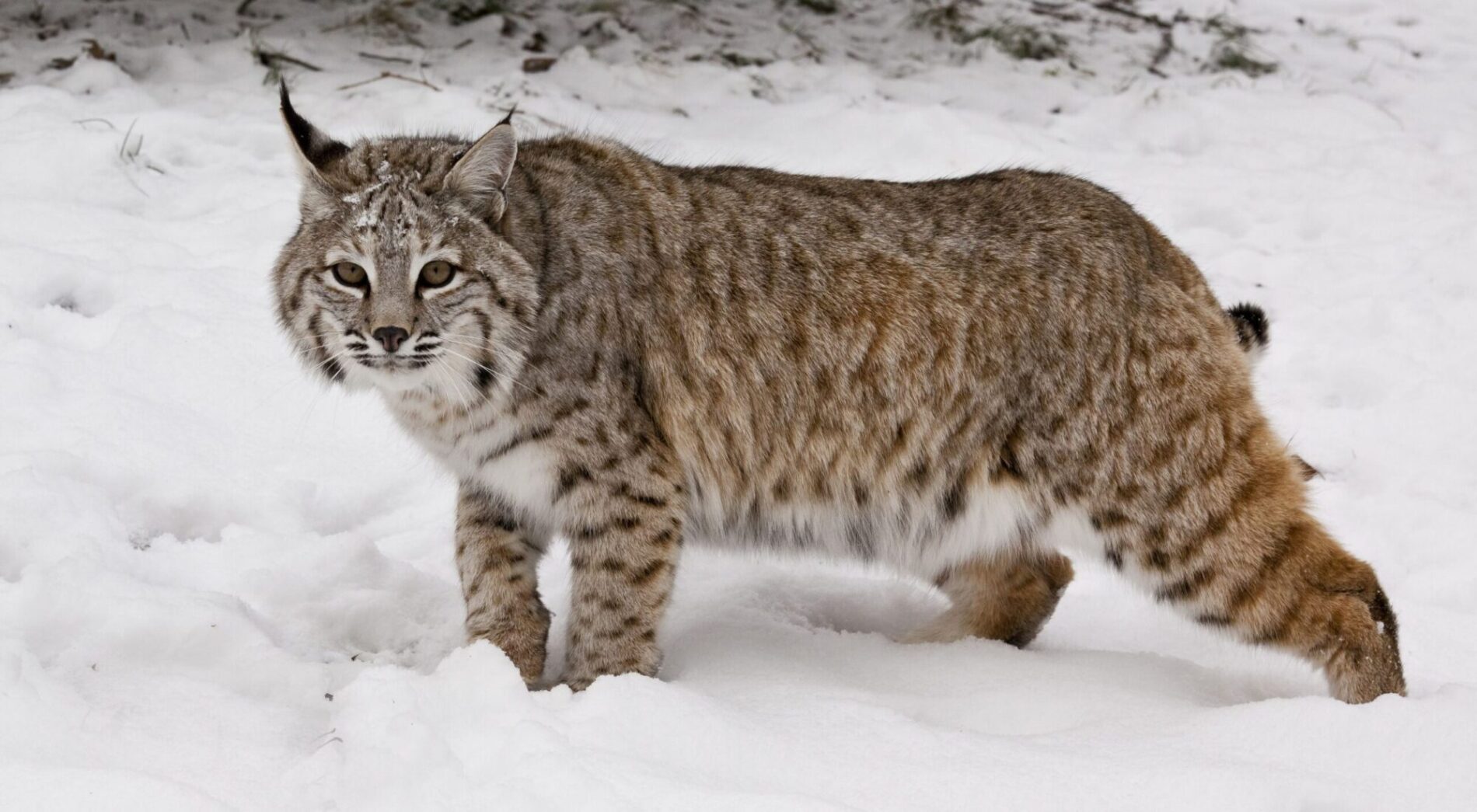
BOBCAT
Two “wildcats” are found in Vermont, the eastern bobcat (Lynx rufus rufus) and the Canada lynx (Lynx canadensis canadensis) To hunt bobcat in Vermont, hunters must have a previous or current trapping license from any state or Canadian province; or a certificate showing satisfactory completion of a trapper education course, in any state or Canadian province; or a signed affidavit attesting to having a prior trapping license.
- General Season: Jan. 10 – Feb. 7, 2021
*Visit Vermont’s Bobcat Seasons for more information*
